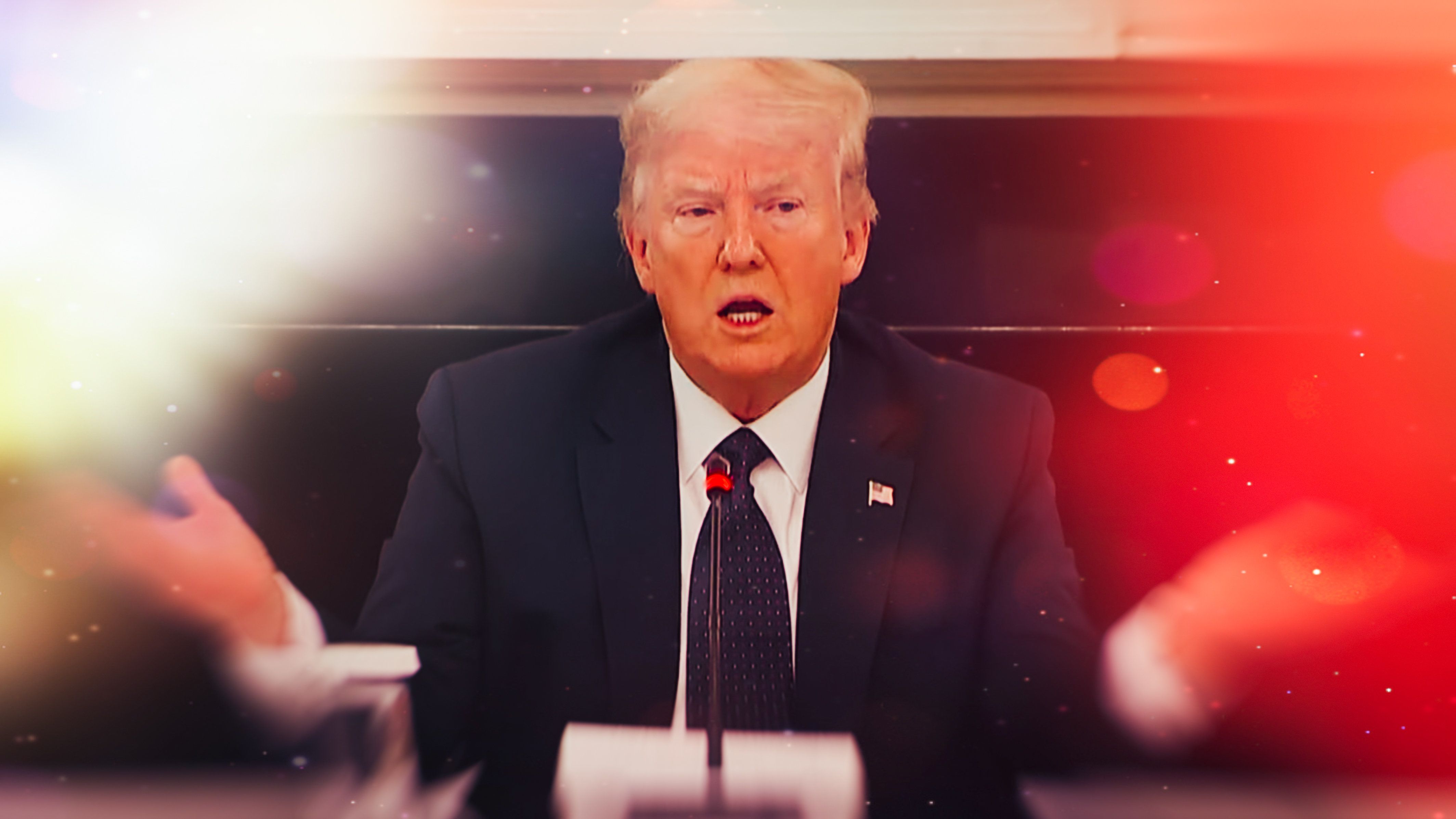May 29, 2020
The world's worst health crisis in a hundred years might not seem like the best time for the World Health Organization's biggest financial supporter to threaten to pull the plug on its operations, but that's where we are. On Friday afternoon, President Trump announced that the US is withdrawing entirely from the Organization.
The move comes ten days after the White House sent a withering four-page letter to the organization's Director General which accused the organization of ignoring early warnings about the virus' spread and bowing to Chinese efforts to downplay its severity. The letter closed with a threat to withdraw within 30 days unless the WHO shaped up to better serve "American interests." In the end, the Administration had patience only for 10 days after all.
Some argue that Trump is simply trying to divert attention from his own handling of the outbreak in the United States. Others counter that, love Trump or hate him, he's right about this. Here's a useful fact check of some of the letter's specific claims.
So, is Trump's criticism of the WHO fair?
Yes, the WHO is broken and must be forced to change. Faced with the outbreak of a potentially severe new illness, the WHO failed to expose the facts of the case. The organization either did not see or did not acknowledge evidence that China hid the true scale of the virus' threat and punished Chinese doctors who publicly warned that risks were growing. In January, the WHO's inspector publicly praised "China's commitment to transparency."
The refusal to directly provide information to Taiwan – which is excluded from membership in the organization out of international deference to China's wishes – put millions of Taiwanese people at unnecessary risk. Where's the transparency in that? Whether the WHO's failure was a result of ignorance or cowardice in the face of Beijing's newly assertive leadership, these problems cost the world valuable time that could have been used to slow momentum toward a global pandemic.
In sum, if the "WHO" can't safeguard "WH" at a moment like this, then we clearly need to remake the "O" itself.
No, Trump fails to understand what the WHO is and isn't. First, the Organization doesn't have a mandate to enter any of its member states "uninvited." Any restrictions on entry are China's to answer for, not the WHO's. And while China is prickly, it's hard to imagine the United States government – or many others for that matter – giving an international health organization free access to any information it wants.
Second, how do you blame the WHO for sounding the alarm late when the White House ignored the earliest WHO warnings. The organization called the virus a "global health emergency" in January. The Trump administration waited until March 16 to issue national social distancing guidelines. Had this been done even two weeks earlier, some virologists say, as many as 90 percent of American deaths could have been prevented.
Third, even if the WHO should be reformed, threatening to walk away from it in the middle of a pandemic is dangerous and short-sighted. COVID-19 is currently wreaking havoc in low-income countries that rely on WHO personnel and infrastructure to manage large parts of the pandemic response. Pulling the plug now risks an even greater human catastrophe.
Finally, Trump's threat is strategically foolish. If you're worried about Chinese influence at the WHO, walking out risks opening the way for...China! Just hours before Trump sent that letter 10 days ago, Chinese President Xi Jinping pledged up to $2 billion to help the WHO's global pandemic response efforts. Is that really what the White House wants?
What do you think? Is the current WHO a big problem in need of urgent reform, or is it an imperfect organization that's a lot better than any current alternatives?
EDITORS NOTE: This story has been updated to lead with President Trump's May 29 announcement that the US is cutting ties to the World Health Organization.
More For You
Think you know what's going on around the world? Here's your chance to prove it.
Most Popular
Donald Trump alongside Nigel Farage amid a television interview at his Trump Turnberry course in South Ayrshire during his visit to the United Kingdom, on May 3, 2023.
PA via Reuters
The US government will reportedly fund MAGA-aligned parties and think tanks in Europe. But with US President Donald Trump’s favorability in Europe so low, do they even want the money?
- YouTube
Zelensky agrees: elections matter #PUPPETREGIME
As more small businesses move sales, payments, and customer relationships online, they unlock new opportunities, but they also become easier targets for cyber-criminals and other threat actors.
© 2025 GZERO Media. All Rights Reserved | A Eurasia Group media company.
